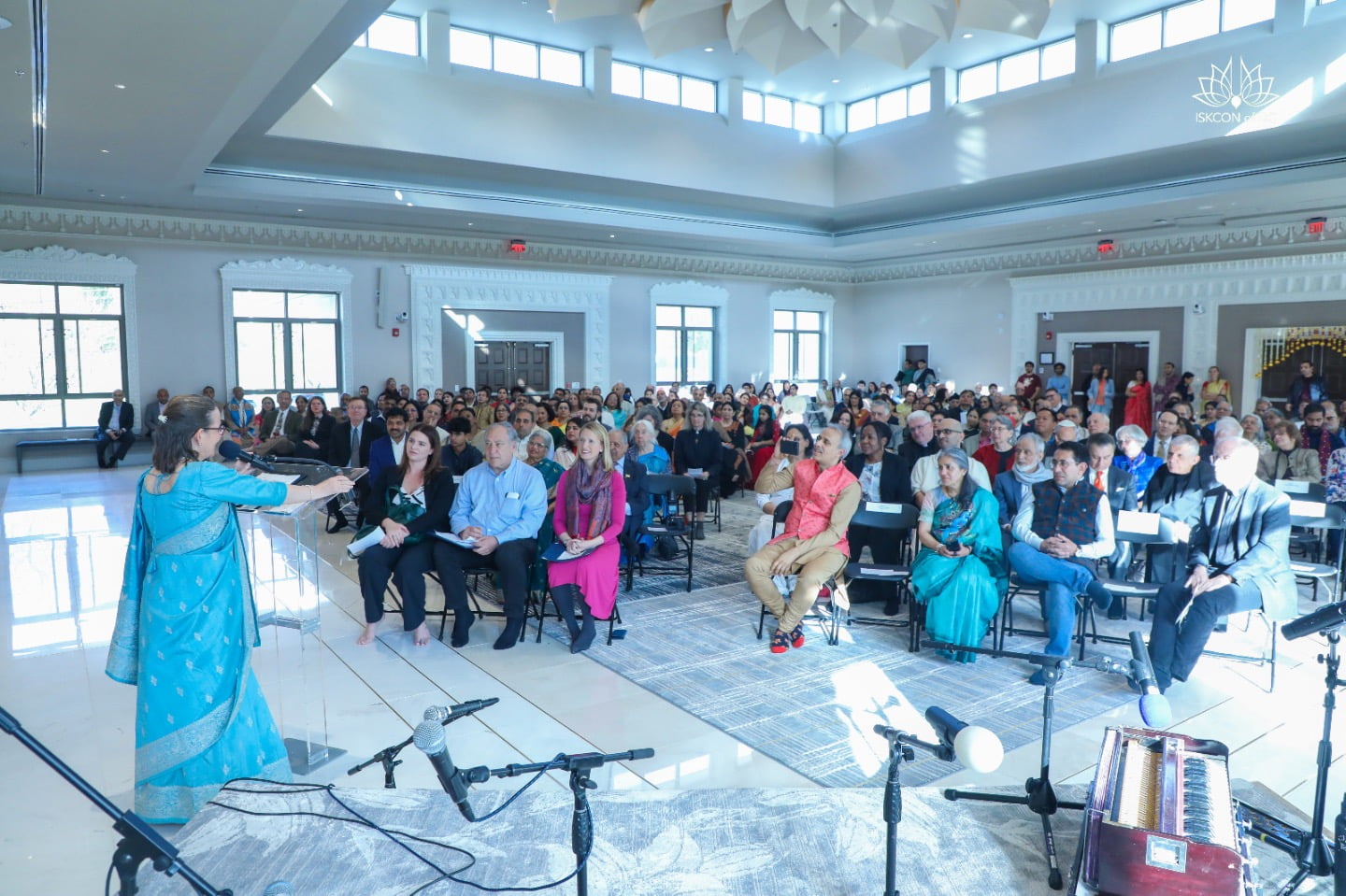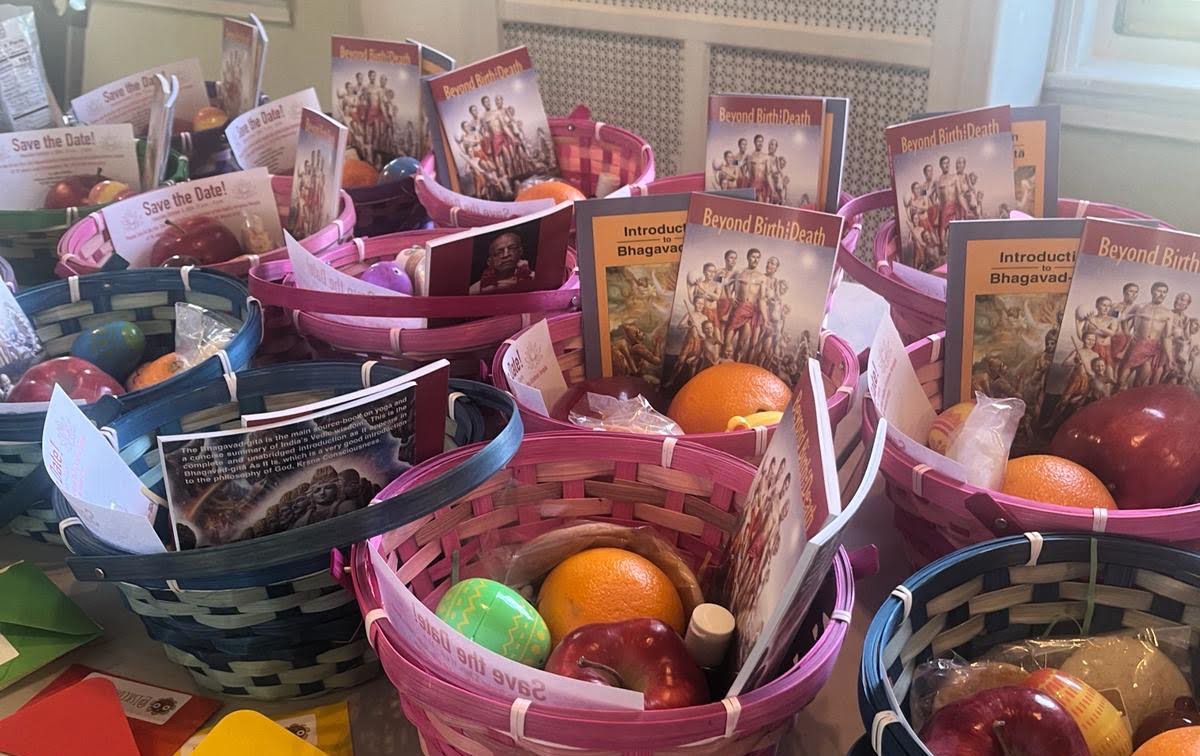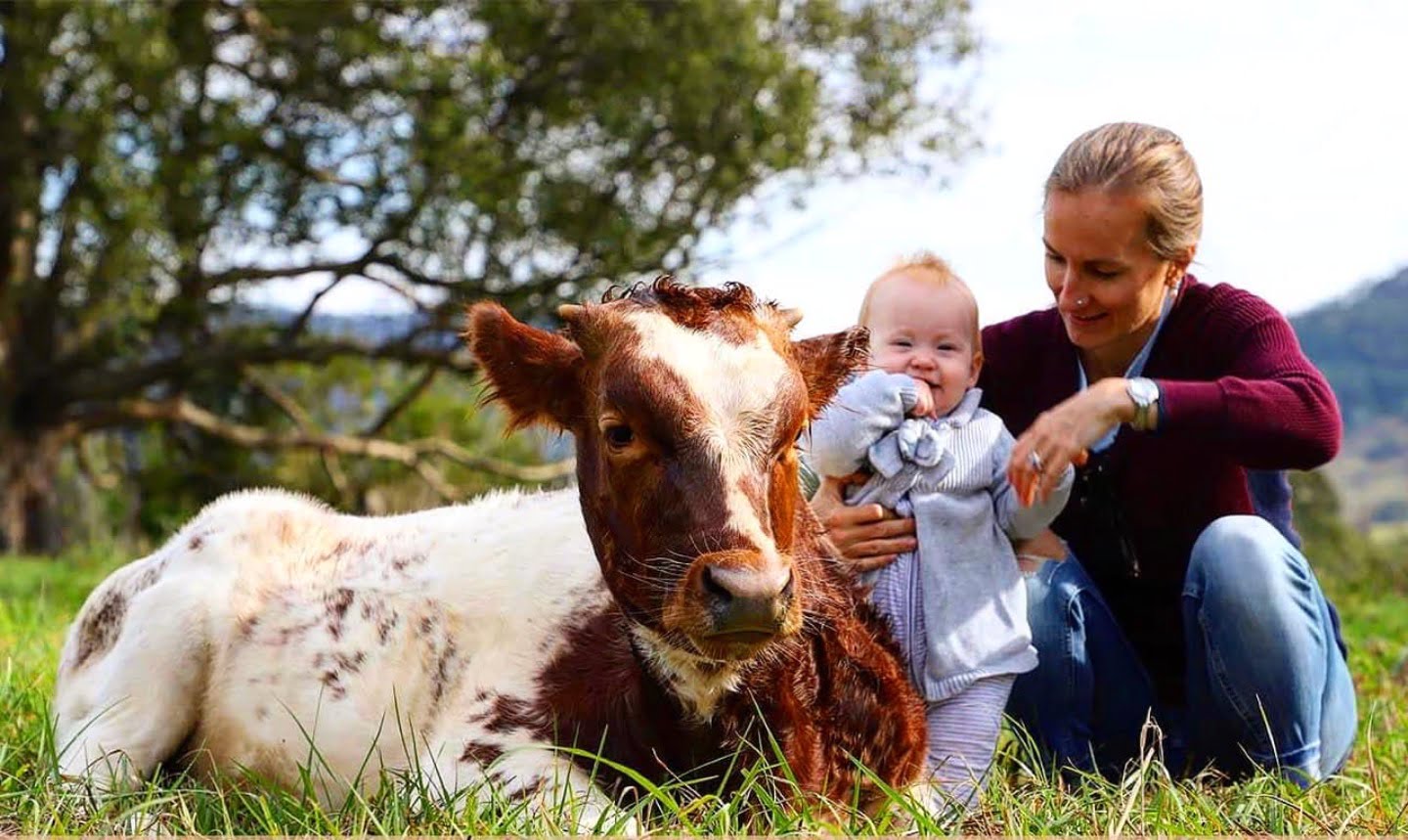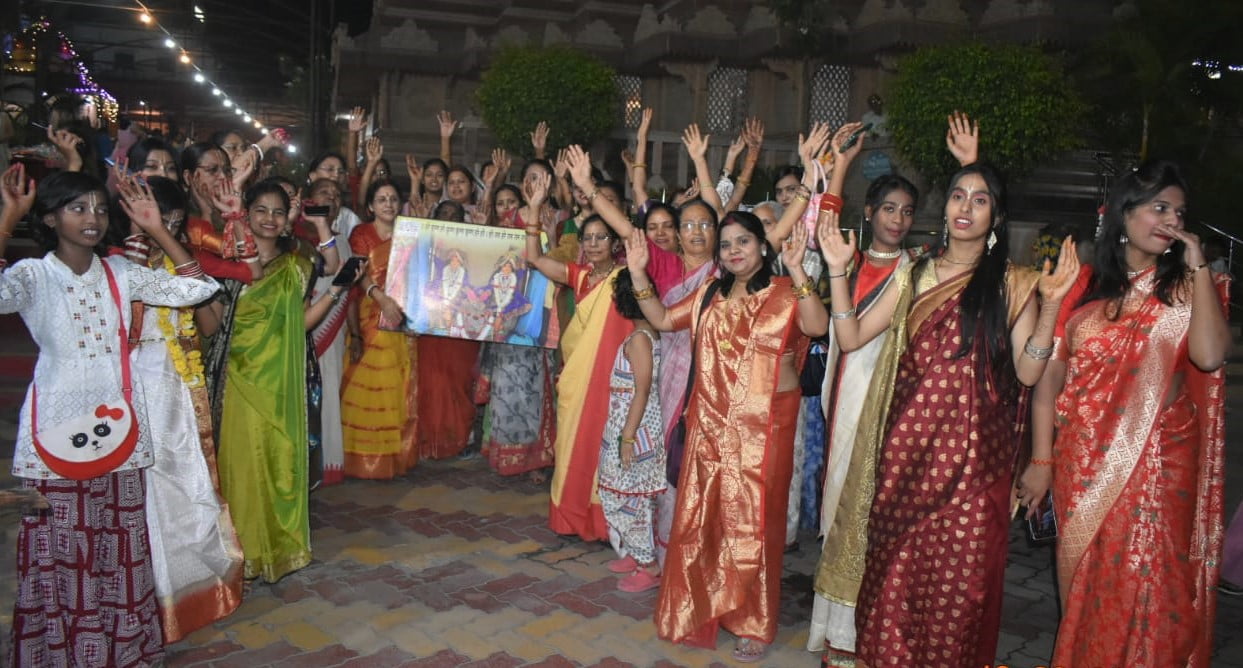Gita Nagari Farm Listed as Success Story by US Department of Agriculture
By Melissa Erdman | Aug 27, 2014
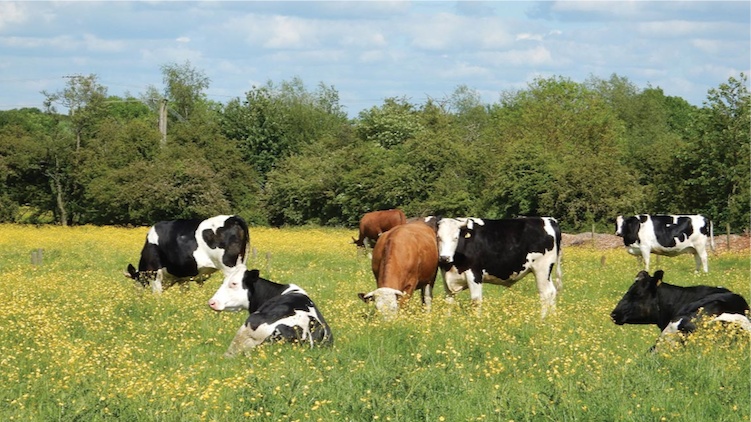
The United States Department of Agriculture has listed ISKCON’s Gita- nagari Farm in Port Royal, Pennsylvania as one of the most important success stories of preservation and sustainability in 2013.
ISKCON, the International Society for Krishna Consciousness is a popular religious-based, worldwide organization. Membership varies in terms of social, economic, ethnic, and cultural backgrounds. ISKCON has more than 400 centers, including 60 farm communities. One of these unique farm communities is located in Port Royal, Pennsylvania, USA.
The Gita Nagari Yoga Farm in Port Royal was purchased by the ISKCON organization in 1974. Since that time, there have been varying numbers of residents and farm success. At first, there was a great deal of enthusiasm for farming and the farm became a success story in the local area. Maintaining 125 residents, the farm had 100 acres in small grains and row crops and 50 acres of hay fields in addition to about 4 acres of vegetables and 3 acres of potatoes. There was also a herd of brown Swiss cattle (including award winning show cows), and at the peak of that period there were 27 cows milking (and a total of 157 in the entire herd). The residents made all of their own butter, yogurt, and curd. The first farm conservation plan for the ISKCON farm was written and signed in February 1989; however, the first notes of conservation work taking place on the farm with NRCS (at the time called the Soil Conservation Service) assistance was in October 1982 – over 30 years ago!
From its bustling beginnings in the 1970’s, over time, the number of residents declined and the farm fell into disrepair for a number of years. Starting in 2008, a new farm operator and his wife, Dhruva and Parijata Dasi took over the leadership of the farm. According to Dhruva, “The natural beauty of the farm and the community overcame us and we fell in love with the residents and farm.” However, taking over the ministerial and farm management functions were not without challenge.
Dhruva is a mechanical engineer with nuclear power plant training and Parijata a human resources executive; neither had a background in agriculture. As a part of their faith however, they view an agrarian lifestyle as a key component in their daily living. “We desire that farming be the heartbeat of our community because it brings everyone together in rhythmic harmony with nature. This understanding of the inter-connectedness of all living beings has a significant impact on holistic human health and wellbeing, which we understand to be essential for spiritual development. We are therefore committed, by default based on our value system, to sustainable agriculture and environmental/conservation practices.” So, farmers they became!
Since 2008, the ISKCON Farm has become very active and diversified. In 2010, the farm was certified organic and began their first Community Supported Agriculture (CSA), delivering fresh produce to 45 families in the Philadelphia area. Also, their conservation plan was updated for the first time since the 1980’s. “With the support of NRCS we designed a plan to address different facets of conservation issues that were ‘hot potatoes’ and in this way both solve and continue to learn and improve operations here on the farm.” The conservation plan now includes a prescribed grazing plan, forest management plan, and nutrient management plan. As these plans were written, Dhruva and Parijata applied for assistance to implement those plans.
An EQIP contract was written in 2010 to implement the recommendations in their nutrient management plan, including a concrete barnyard for their growing dairy herd and animal trails/walkways and a watering system to better utilize their pastures. In 2011-2012, they applied for and received assistance through EQIP and AMA to implement their forest stewardship plan, install a high tunnel, pollinator habitat, and a drip irrigation system, respectively, to control invasive species and aid production for their growing CSA, which had more than doubled to 115 families between the major cities of Towaco and Edison in New Jersey; Philadelphia, PA; Potomac, DC; and Manhattan, NY; and also a limited supply to Tuscarora Organic Group.
Most recently, the ISKCON Farm continued the expansion of their dairy herd and bought a herd of Brown Swiss cows. They had a pasteurizer installed and will begin bottling and distributing their own milk, produced from “protected cows” (cows that will die naturally, not sent to slaughterhouses). The ISKCON Farm also serves to educate others affiliated or interested in their community about agriculture and conservation, having over 3,000 visitors per year since 2009.
In summary, Dhuva says, “due to the newly fenced pastures, cow walkways, [and] frost-free hydrants, we can graze our animals in an effective rotation, with the Nutrient Management Plan supporting the health and productivity of our animals. The barnyard upgrades have done the same. Our Organic Systems Plan ensures that we treat our natural resources as they should be treated. Our forests are receiving expert care and the Stewardship Plan and your [NRCS] initiatives will correct and restore so many imbalances. The high tunnel assists us in extending our season and the irrigation system will increase our efficiency and efficacy in crop production. And, the composting facility completes the cycle naturally, where we can fertilize our land with the manure of our own cows; what to speak of the cost savings and critical benefits to the soil and protection of our water systems.”
Dhruva and Parijata continue to encounter and overcome the challenges of making a farm profitable, while producing products raised according to their belief system and being environmentally conscientious. “Imperative to the above is education and awareness (in ourselves and others) of our human impact to the delicate balances in nature and how to act so as to restore or create these.”
Dhruva and Parijata are always willing to listen and take advice from NRCS to improve their operation. “Having no formal training in agriculture, veterinary sciences, environmental sciences, and the like, we have still been able to learn and apply what you share with us and with tangible results – what can be more rewarding! This is due to your [NRCS] expertise, passion, and willingness to put yourselves in the shoes of the farmer, in the field, daily.”





